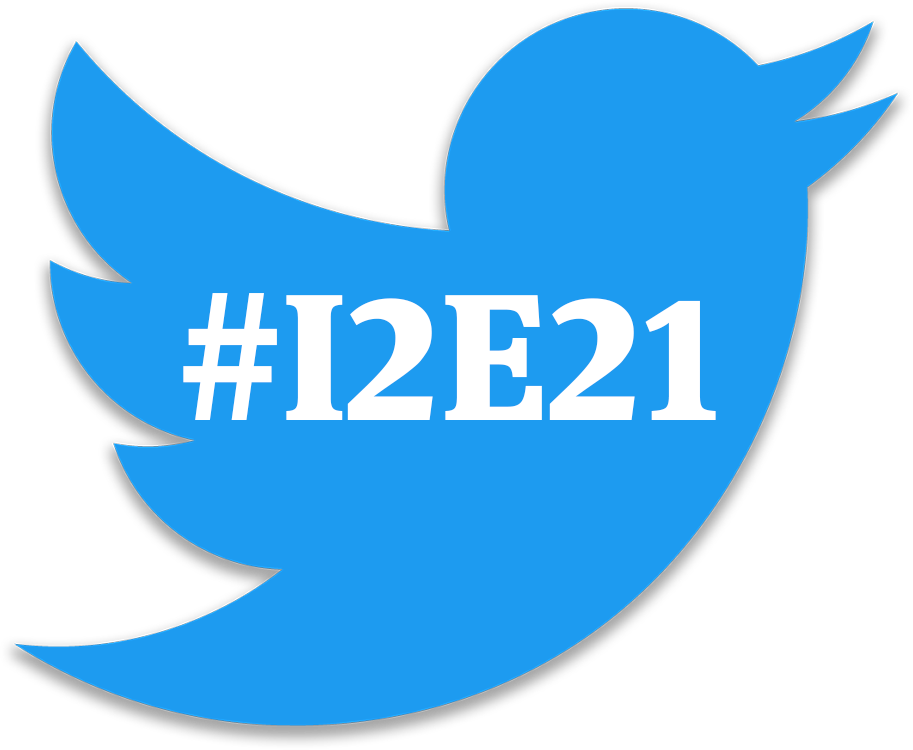Unit 6: Morality Beyond Universal Rules & Principles

Photo: Colleen Hayes / NBC.
Aristotle’s Ethics of Excellence is based on the idea that happiness (or eudaimonia) is an activity of the soul in accordance with excellence. While Aristotle focuses extensively on excellence of character, that is not the only excellence of the human soul. In particular, Aristotle argues that excellence of intellect is also extremely valuable for our happiness. This module explores these intellectual excellences along with the role that they play within Aristotle’s ethics.
There are five learning outcomes here. At the end of this module, you will be able to…
- Discuss how Aristotle understands and categorizes knowledge, and how that leads to his division of the rational aspect of the human soul;
- Compare and constrast the intellectual excellences of intellectual accomplishment (sophia), systematic knowledge (epistemē), intelligence (nous), technical expertise (technē), wisdom (phronēsis), political expertise (politikē), and household management (oikonomika);
- Illustrate how Aristotle’s account of wisdom (phronēsis) for deliberate action connects to your own decisions;
- Reflect on which excellences of the intellect that you would wish to cultivate for yourself; and
- Explain Aristotle’s argument for why wisdom (phronēsis) and excellence of character require each other.
Read This:
|
Excellence of Intellect 
|
Courage and the 9/11 Hijackers 
|
Context
Recall that Aristotle’s account of the excellences of character (or moral virtues) focus on the excellences associated with the “appetitive and generally desiring” part of the soul. However, this is not the only part of the soul admitting of excellence: there are also its rational parts.
So while excellence of character may be necessary for a morally responsible person, Aristotle does not believe it to be sufficient. In Book VI of the Nicomachean Ethics, Aristotle returns to his divisions of the human soul and focuses now on those excellences associated with reason. These might be understood as intellectual virtues.
Of particular interest here is Aristotle’s account of wisdom, which suggests that the wise person is not only effective (Aristotle might say “clever”) at getting things done but is also effective at doing them in the right way or “as the correct prescription prescribes”. Ultimately, Aristotle maintains that it is impossible to have true excellence of character without wisdom and vice versa; the two are necessarily conjoined.
Reflecting on whether the 9/11 hijackers were courageous helps illustrate that last point. Is courage simply acting in a way that risks one’s life? Or does true courage also require wisdom so that one risks their life in the right way?
Reading Questions
As you read, keep these questions in mind:
- In Chapters 1 & 2, Aristotle discusses the two parts of the human soul that possess reason. What are these two parts, and how are they different?
- In Chapter 5 (and most of the following chapters) of Book VI, Aristotle discusses wisdom. What do you think Aristotle means by this? What are its characteristics? Of which part of the human soul is wisdom the associated excellence? Why might Aristotle believe that wisdom is difficult to possess, and yet something extremely essential?
-
Aristotle also discusses a lot of intellectual traits similar to, yet not precisely the same as wisdom:
What does Aristotle mean by each of these? Why might they all seem necessary for a morally good person to possess?A. Political expertise (Chapter 8), B. Excellence in deliberation (Chapter 9), C. Comprehension (Chapter 10), and D. Good sense (Chapter 11). - In Chapters 12 & 13, Aristotle raises and then seeks to resolve a couple puzzles concerning wisdom. One such puzzle is explaining why wisdom and excellence of character are essential to each other. In solving this puzzle, Aristotle makes a distinction between wisdom and cleverness (in Chapter 12), and a distinction between natural excellence and excellence (in Chapter 13). What are these distinctions, and how are they supposed to help explain how wisdom and excellence of character require each other? (For Aristotle’s distinction between natural courage and true courage, the Politically Incorrect discussion with Bill Maher about the 9/11 hijackers might prove helpful.)
Although I strongly suggest that you write out brief answers to these questions, you do not have to turn in written responses. You do, however, need to be prepared to answer questions like these on module quizzes and the unit exams.
References
Aristotle. (2002). [Excellence of intellect: Selections from book VI]. In S. Broadie (Ed.) & C. Rowe (Trans.), Nicomachean ethics (pp. 176–189). Oxford University Press. (D. E. Gray, supplementary footnotes with alternative typesetting). (Original work from ca. 350 B.C.E.)
Maher, B. (Host). (2001, September 17). [Courage and the 9/11 hijackers] [TV series episode transcript]. Politically incorrect. American Broadcasting Company. (D. E. Gray, Transcription)
Watch This:
|
Video 1 
|
Video 2 
|
|
Video 3 
|
Video 4 
|
|
Video 5 
|







